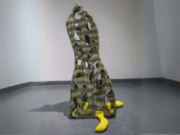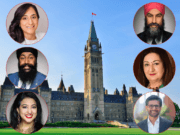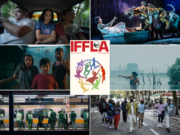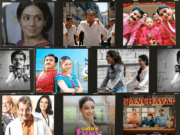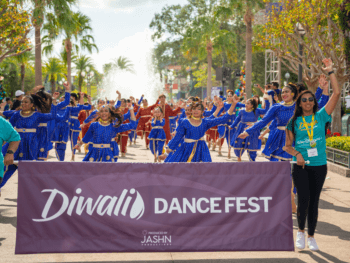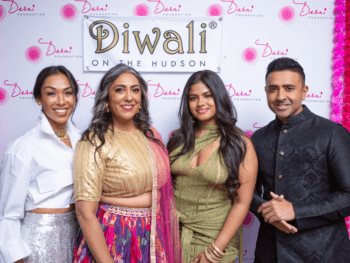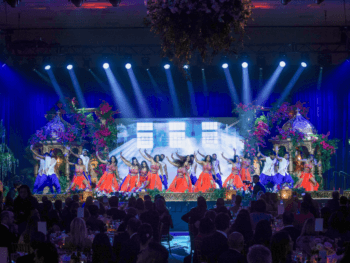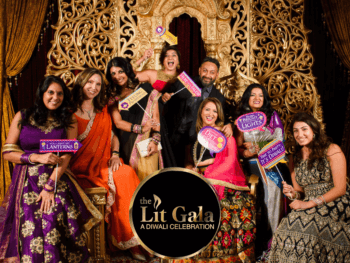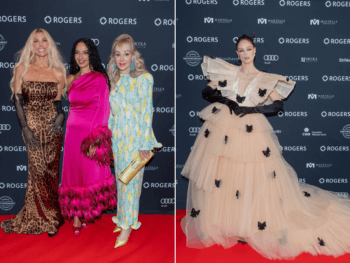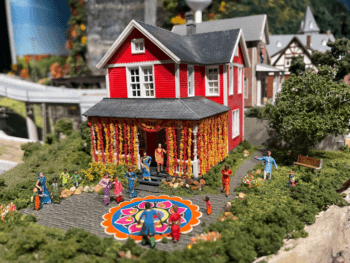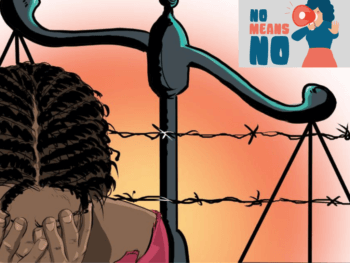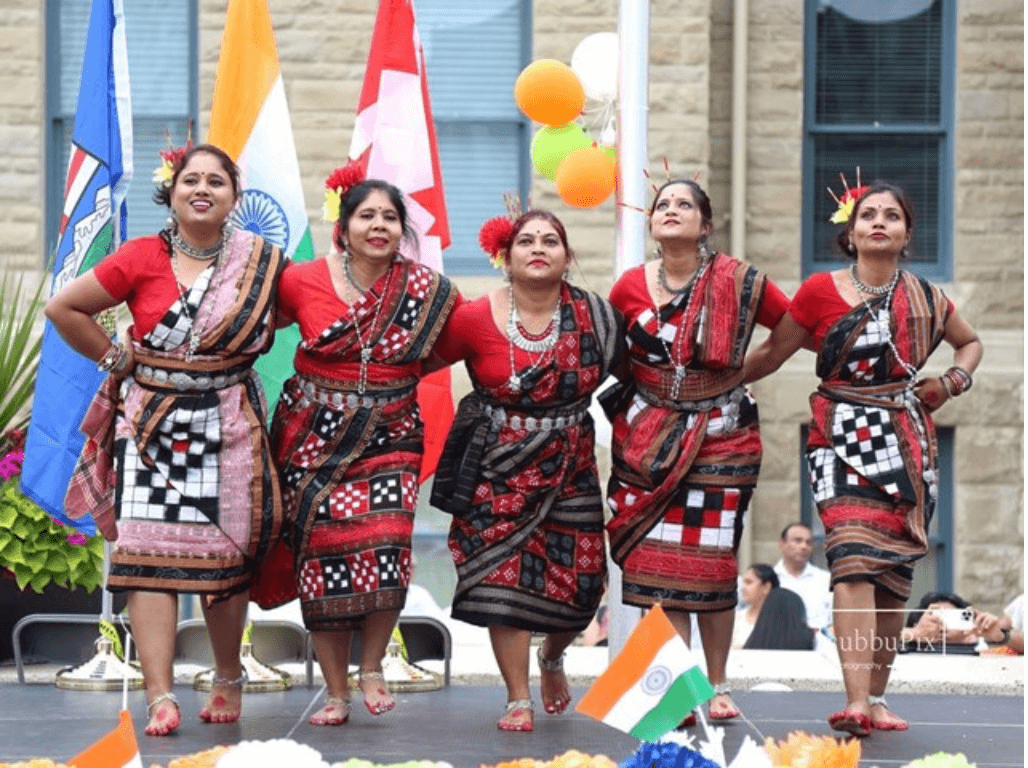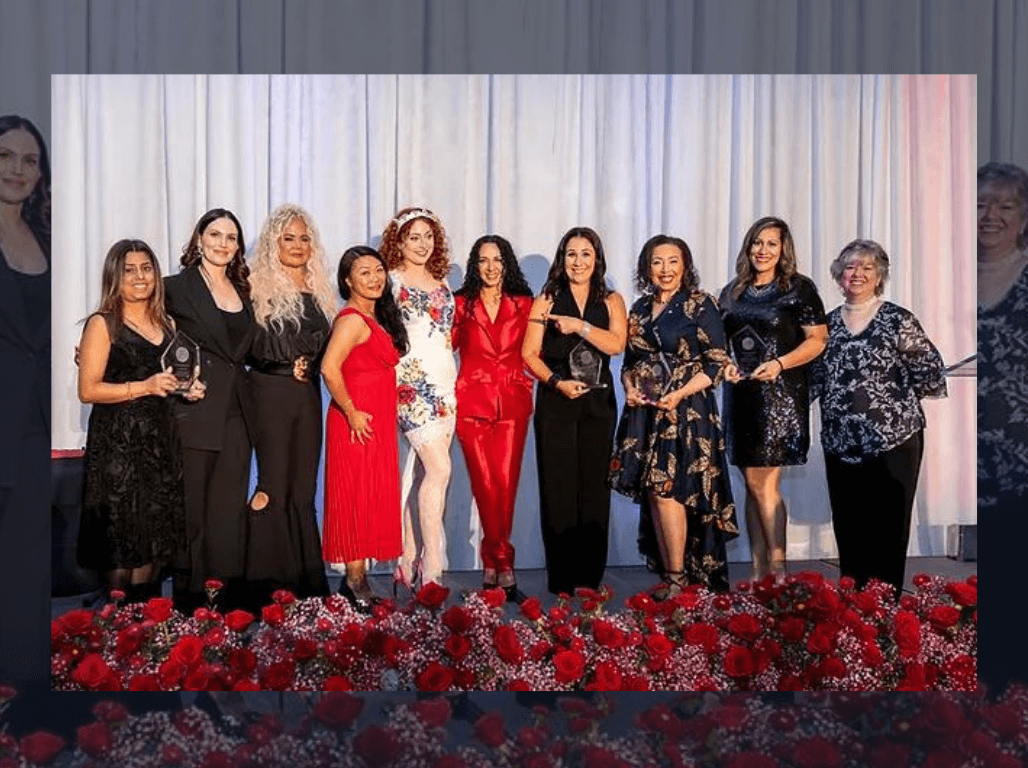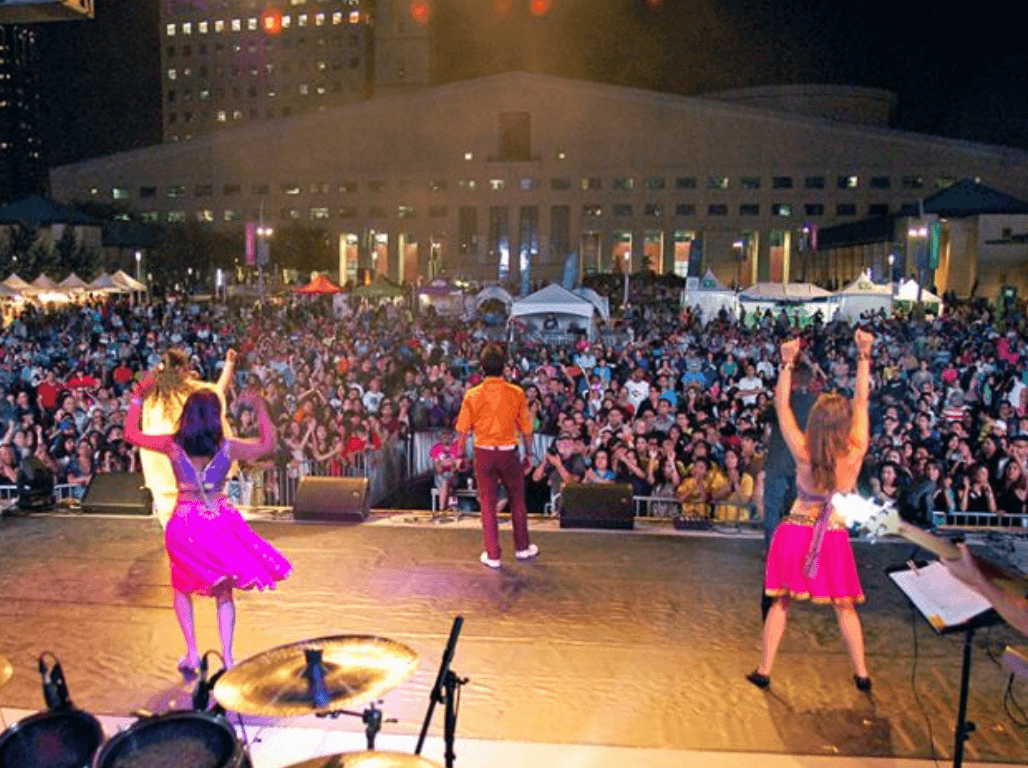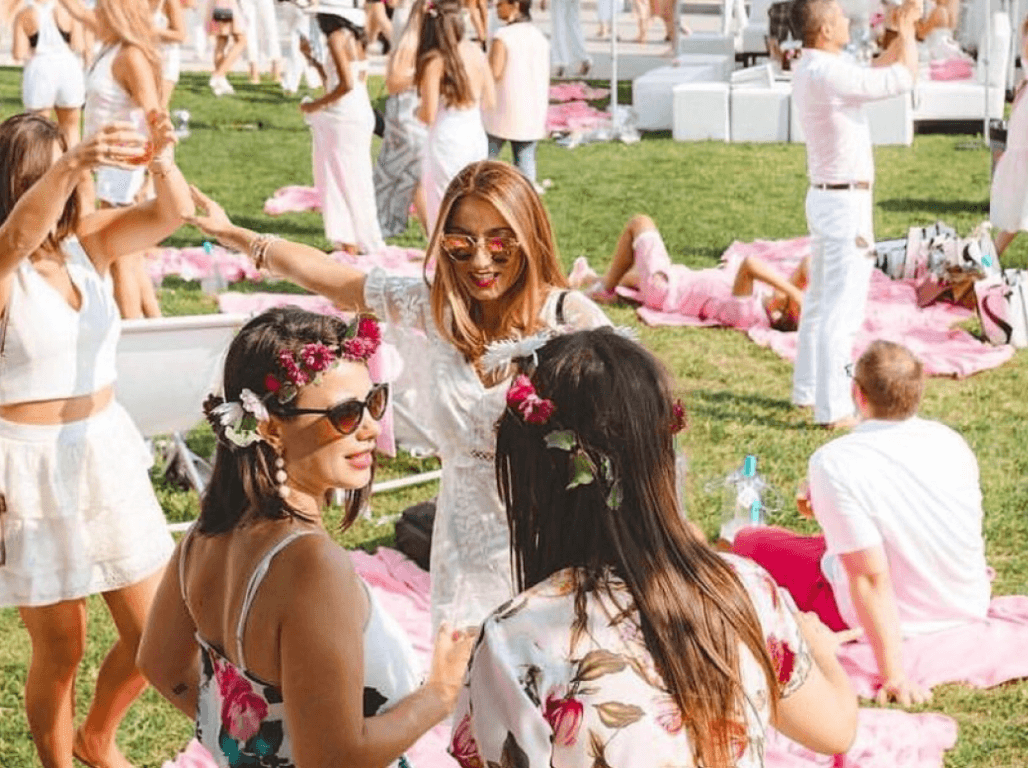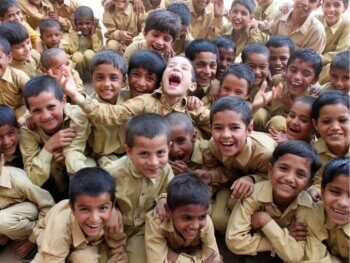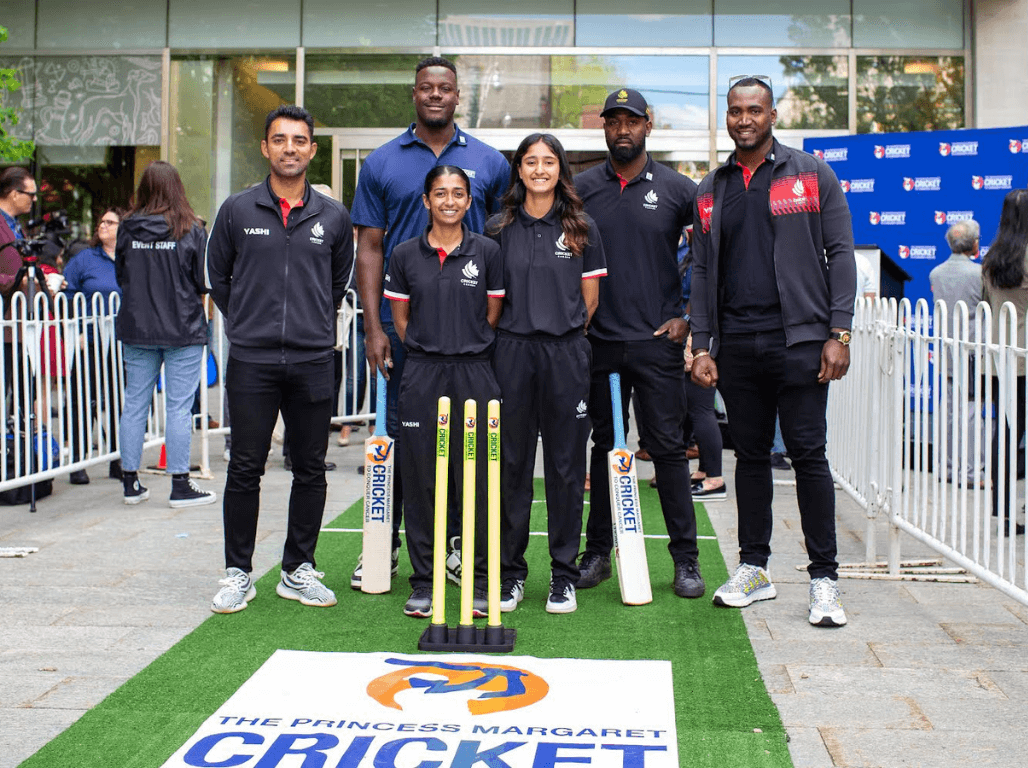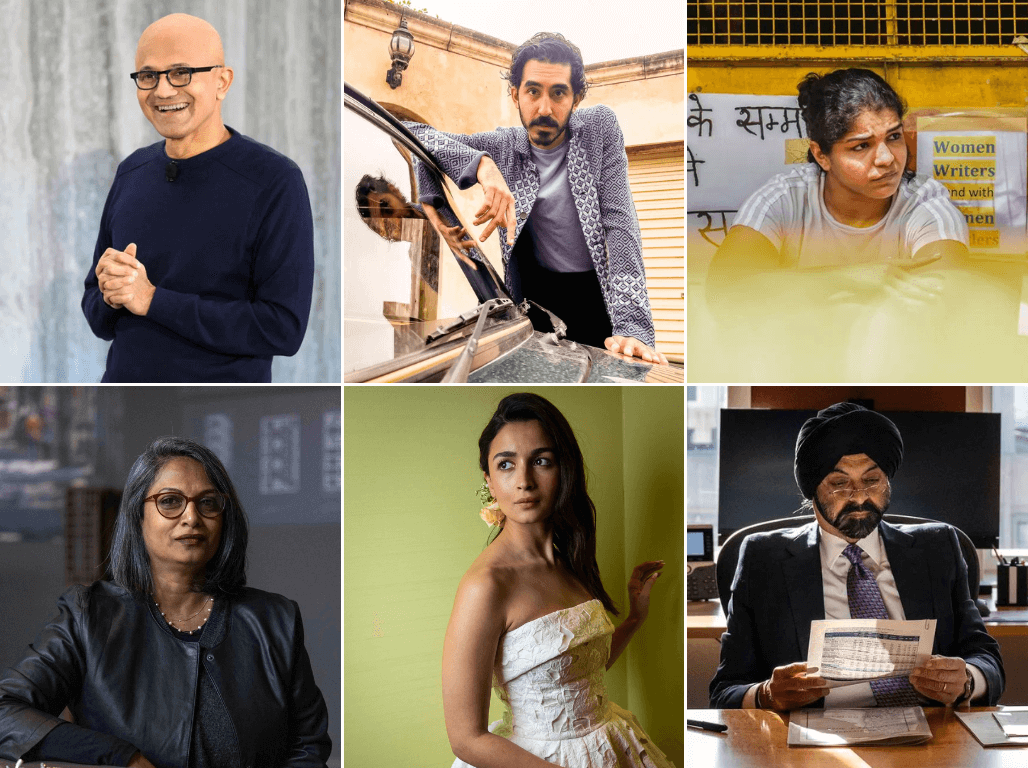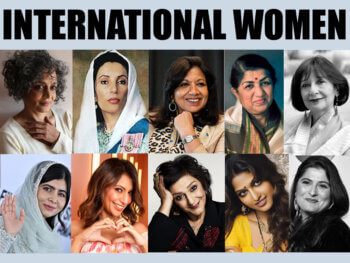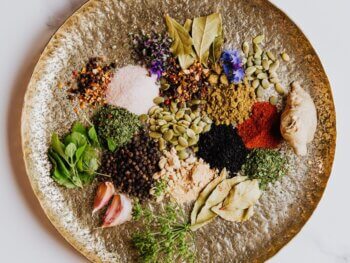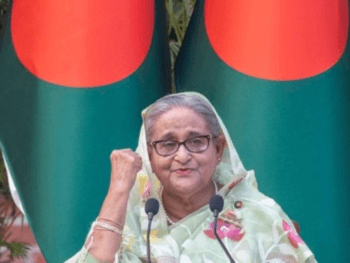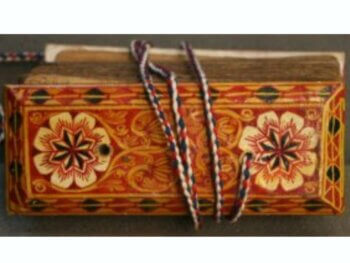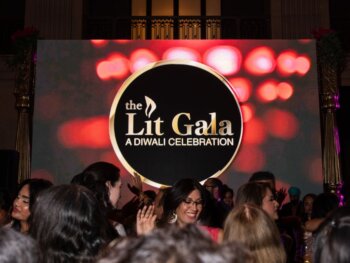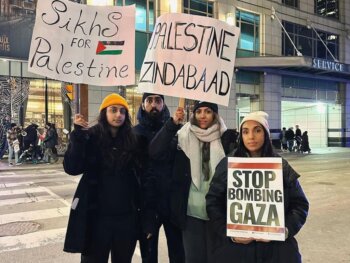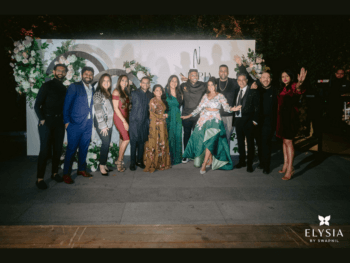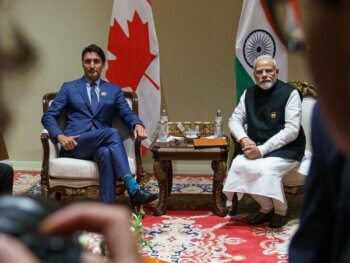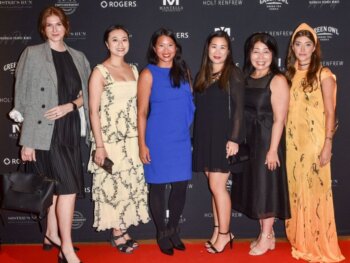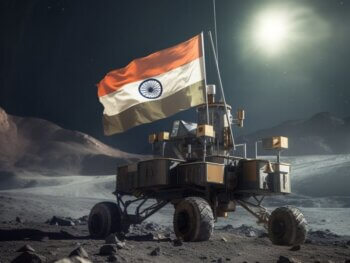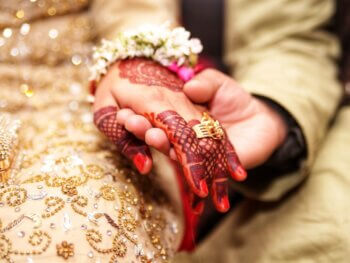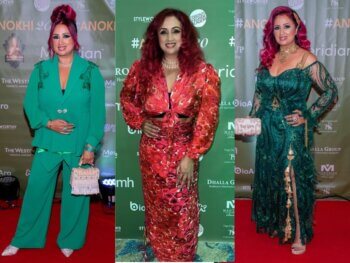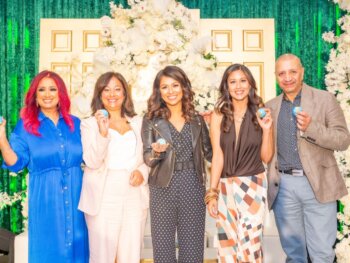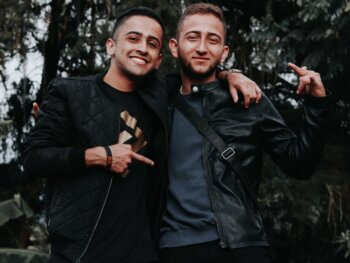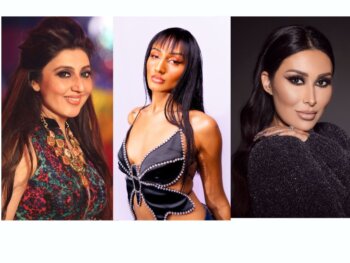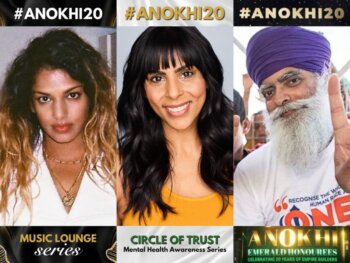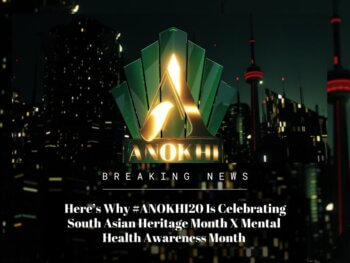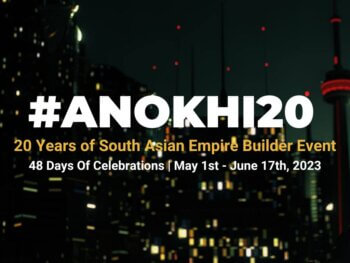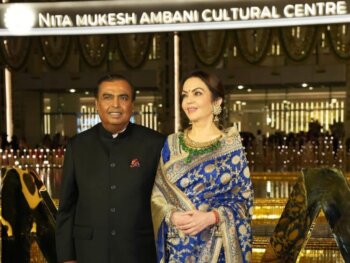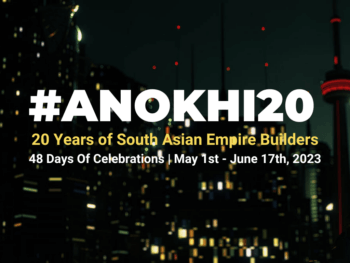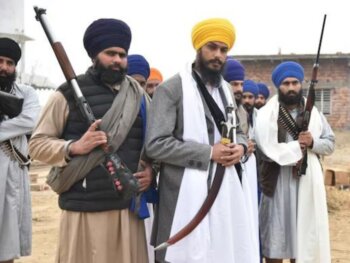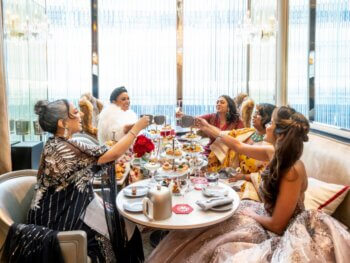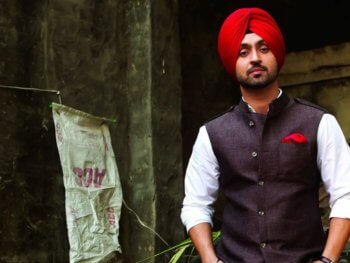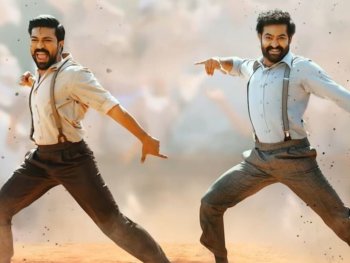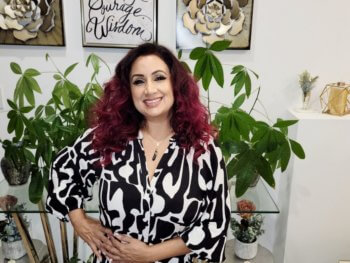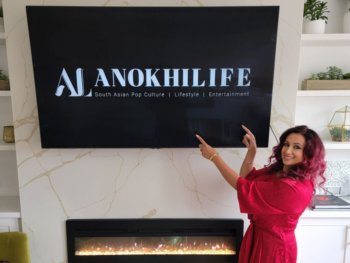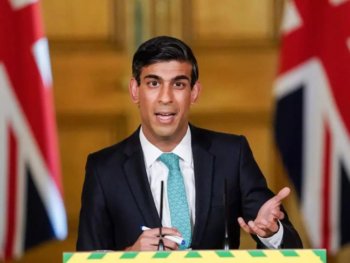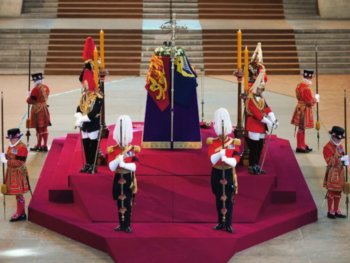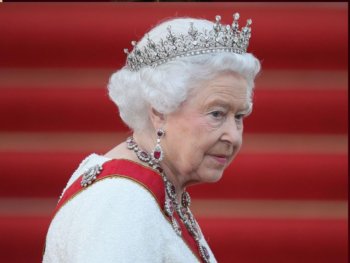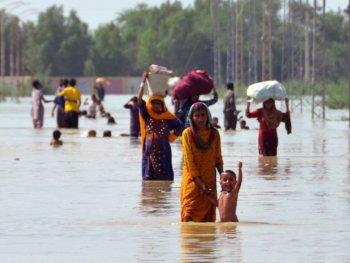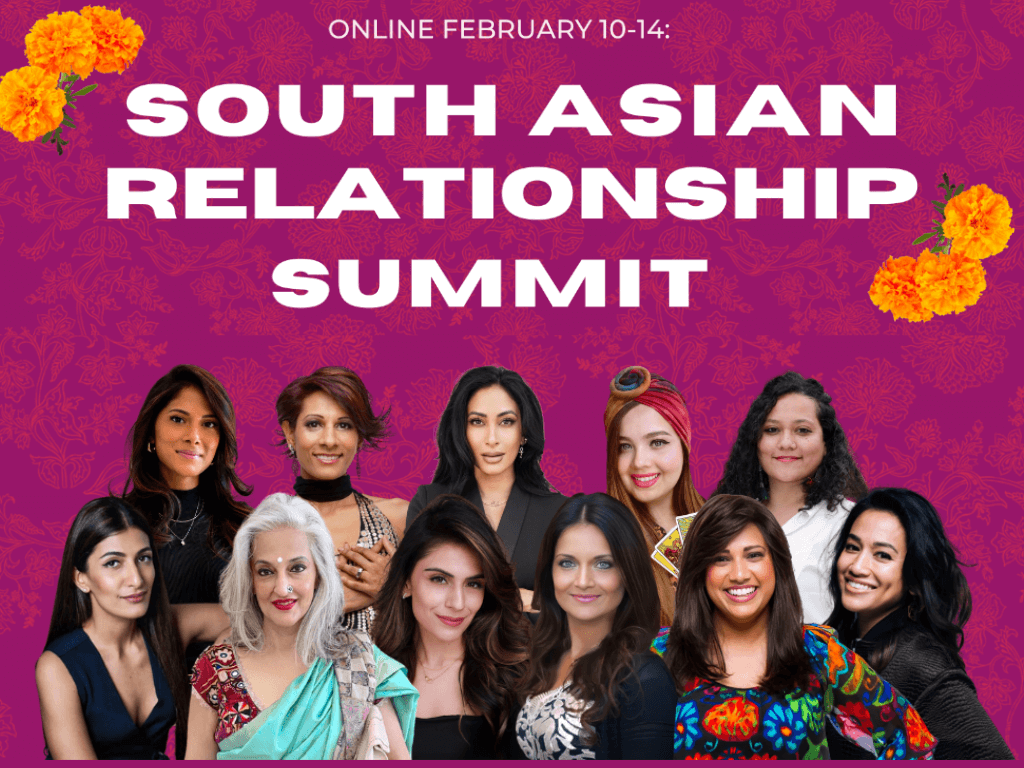
How the South Asian Relationship Summit is Bringing Culturally Relevant Insights to Modern Love
Culture Feb 06, 2025
Relationships are at the heart of human experience, yet the South Asian community often encounters advice that doesn’t resonate with its unique cultural fabric. That’s why Kavita Jhaveri, renowned love and relationship coach, created the South Asian Relationship Summit, a free 5-day online event from February 10th to 14th. This summit aims to bridge the gap between traditional South Asian values and modern relational aspirations. ANOKHI LIFE is a proud media partner.
Why This Summit Matters
Many self-help resources on love and relationships derive from Western ideologies that don’t fully account for the communal, family-centric, and spiritual values that South Asians hold dear. While these cultural pillars enrich lives, they can also create challenges when they clash with modern ideals of individuality and freedom.
Kavita, inspired by wisdom channeled through a close friend, envisioned this summit as a platform for transformative conversations. With the help of 10 South Asian experts, the summit delves deep into topics like love, intimacy, familial dynamics, and self-expression—all through the lens of the South Asian experience.
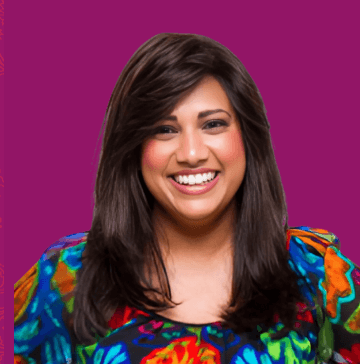
About The Host – Kavita Jhaveri
Kavita is a world-renowned love and relationship coach. For more than 15 years, she has supported thousands of clients through her signature process called Karmic Love Repatterning Method™ , which connects familial and generational imprints to patterns that are playing out now in love and partnership.
What to Expect
Each day of the summit features two engaging interviews with experts who offer actionable insights on a range of topics, from healing past traumas to fostering authentic partnerships. The conversations last 45–60 minutes, designed to unfold profound, soul-stirring wisdom.
Free and Accessible: Enjoy this event from the comfort of your home.
Exclusive Facebook Community: Engage directly with Kavita and other attendees for real-time support and insights.
Flexible Viewing: Recordings are available for purchase, ensuring lifelong access to this transformative content.
Speakers:
Here are just a few of the summit’s extraordinary speakers and their topics:
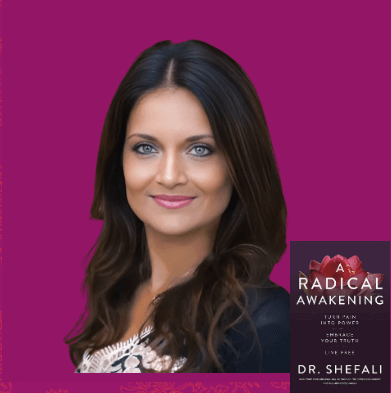
Dr. Shefali Tsabary
Divorce, Inner Awakening, Boundaries
Dr. Shefali is a 3-time NYT bestselling author of 7 books on Conscious Parenting and mindful living. She has been hailed by Oprah as “revolutionary” and the “best child expert” she has ever interviewed. Conscious Parenting is a transformative approach to raising ourselves and our children.
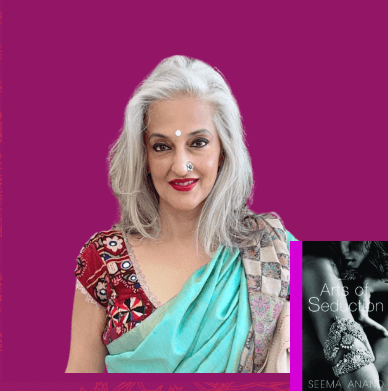
Seema Anand
Kama Sutra, Women’s Voices, and Desire
She’s a storyteller and mythologist specialising in women’s narratives. She was awarded Sexual Health Influencer of the year by Cosmo India. And as an award-winning author and a corporate guru, Seema uses stories for entertainment, therapy, education, and positive action change.
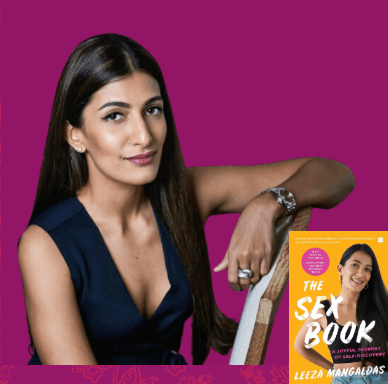
Leeza Mangaldas
Orgasms, G Spot, & Pleasure
Leeza is GQ’s Most Influential Young Indians, and Cosmopolitan India Sexual Health Influencer of the Year. She has written The Sex Book, which is a must read on sexual education. She has a million followers on Instagram and Youtube.
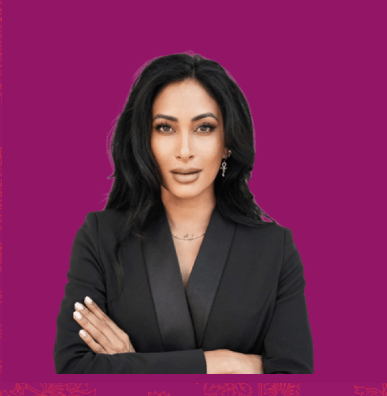
Shayoon Yasin
Heal Yourself & Raise Kids Consciously
Shayoon is the most sought-after healer and has profoundly transformed the lives of countless individuals worldwide with her unparalleled expertise in her ability to guide people through deep emotional and physical transformations. She’s also the co-owner of The LightForce Center.
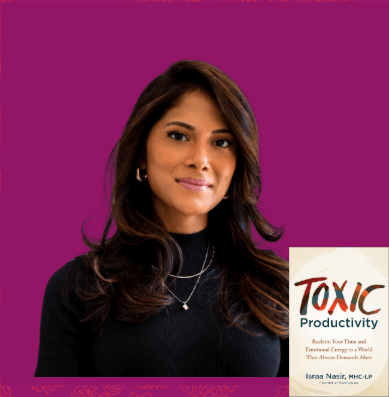
Israa Nasir
The Power of Vulnerable & Authentic Relationships
Israa Nasir is a New York City-based psychotherapist, writer, and the founder of WellGuide—a digital community for mental health awareness. A Pakistani-Canadian child of immigrants, she has a specific focus on mental health, identity formation and healing for the AAPI and second-gen immigrant community.
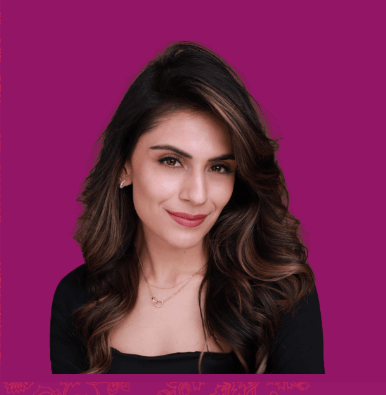
Shivani Pau
Intuition, Jealousy, & Secure Attachment
Shivani Pau is the host of the infamous “A Millennial Mind’, podcast which dives deep into the realms of the unseen, unasked, and unsaid. She leads workshops on productivity, performance and mental health by elite corporations AIG, McKinsey & Co, Redkite, Pay Uk, TSB and more!
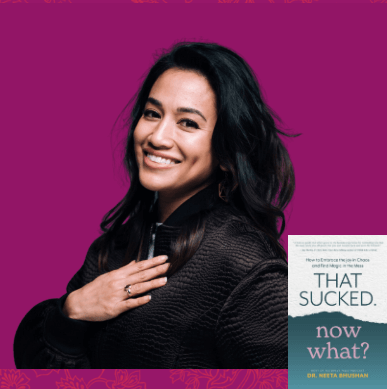
Dr. Neeta Bhushan
Love Patterns, Abuse, & Resilience
Dr. Neeta Bhushan has a top 50 podcast in mental health called The Brave Table. She’s a former cosmetic dentist turned best-selling author, international speaker, and emotional health advocate. She is most well-known for her best-selling books Emotional GRIT, and That Sucked Now What.
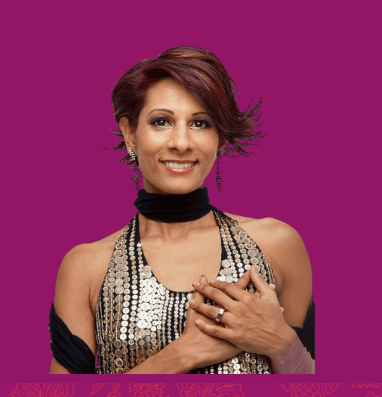
Annie Lalla
Conflict In Partnership, Belonging, & Mixed Race Marriage
A cutting-edge relationship coach. Annie specializes in leveraging a suite of practical tools to help clients cultivate relational esteem and develop collaboration skills that go beyond power struggles, shame or blame and helps create intimate relationships that last a lifetime.
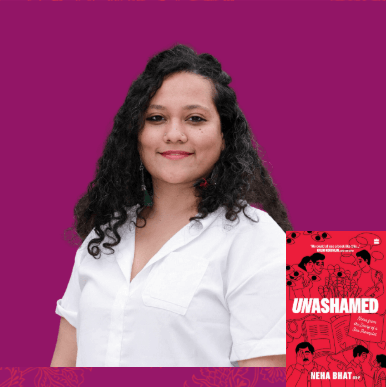
Neha Bhat
Shame, The Antidote To Opening Your Heart, & Queerness
Neha consults on Indian films, documentaries and reality TV to help create more trauma sensitive media. She is a licensed sex and trauma therapist who practices psychotherapy from an art-based, spiritually focused, creative-wellness perspective in India and the US.

Alisha Sharma
Vedic Charts & Romance
Alisha is a Vedic astrologer, and deeply understands the Vedas, sacred Hindu scriptures, and spirituality. She leverages her Reiki Master certification to seamlessly integrate age-old Eastern healing modalities with astrology, facilitating holistic sessions designed to align energy, release blockages, and restore inner balance.
Our Chat with Host Kavita Jhaveri:
ANOKHI: What is your target audience for this Summit, who will benefit the most from attending it?
Kavita Jhaveri: South Asian Professionals. I mostly work with women.
What inspired you to create the Karmic Love Repatterning Method™, and how has it transformed relationships for your clients?
I’ve been a Love & Relationship Expert for the last 15 years. Through working with thousands of clients at this point, there were patterns that I was seeing in what was keeping people stuck meeting the right person for them, or stuck feeling unfulfilled in partnership. Stuck when it came to knowing how to navigate conflict, or expressing themselves.
When you can identify karmic love patterns, and release them, there’s a whole new way of being that comes through. You naturally start to show up way more connected to yourself and others, versus from a place of protection or guarding yourself. When this deeper level of work is done there’s an inner liberation that just comes through within partnership, or while dating.
My single clients have met their partner on a plane ride, or at a local coffee shop, because there’s an openness that can be felt. Clients in partnership feel deeply connected to one another again, and can navigate conflict with more ease.
How do you balance honoring South Asian traditions while helping people break free from harmful cultural norms?
It’s about looking at what is serving someone in their love life and what is not. But it’s also more nuanced than that. It’s about deconstructing and questioning the ways someone is rejecting where they came from, or feel obligated to keep certain values or culture, so they continue to belong, and not rock the boat. Both ways are important to become aware of, because they will both equally keep you rigid and stuck in relationships. And the most important aspect of being relational is an inner flexibility, curiosity, and an openness to understand yourself and others.
What are some of the most common ‘blind spots’ you see in South Asian relationships, and how can we address them?
The most common blindspot is leading with the head instead of the heart. I don’t mean abandon yourself and what you value to lead with your heart, which is what a lot of people translate that to mean. I mean there is a big focus on security versus desire. And honestly in many cases this is totally okay and can work. But for most modern Desi’s we want more than just security, we want to feel like there’s compatibility and chemistry, and you do get to have both. But you have to let go of the checklist that comes from the head, and start tapping into your heart.
Can you share a personal story that illustrates the intersection of cultural values and modern relational challenges?
When family gets involved in relationships, this is often a space that many western practitioners and therapists don’t understand how to address. Because our cultural values are about retaining family, to respect the roots from which we came from, and when we marry two families are marrying. But there is a fine line with this as well.
The biggest problem I see for couples and their families is that the people in the partnership are very defensive and protective of their respective parents. Instead of admitting to how their parents are human, and can be kind and caring, but also overbearing, annoying, and petty at times. But when couples can hold that their parents are both amazing and frustrating, then the partnership can retain more of that connection, because it doesn’t feel like someone in the partnership is picking their families over their partner.
What advice would you give to someone struggling to reconcile their individuality with familial expectations in love?
I would say often in families there are huge information gaps, between parents and children. There is a reason for that, children are scared of the judgement, and disapproval of their parents, and parents are afraid of facing the reality that their children have different beliefs than them. Our job is to bridge the information gap as much as possible, even if you are faced with disapproval.
But most of us are managing each other in our heads, and scared to open up, but it’s only through opening up that we can honor the relationship we have with our parents. Then our parents are faced with what their choices are from there. But you can feel good about your own willingness to open up, and express what’s true for you, while also trying to understand where they are coming from. If you stay with the intention of wanting connection with them (even if they have hurt you) and not shutting down or shutting them out, then it’s up to them to come around.
What do you hope attendees will take away from the South Asian Relationship Summit that they might not find in traditional relationship advice?
Relationships are nuanced and they are hard. So many people want to talk about them in a very black and white way. Things like don’t over think, lower your expectations, don’t look for perfection, let things go, and although there’s some value in those thoughts. It’s very short lived, and doesn’t get to the root of what is actually happening in relationships. So, it doesn’t actually help. I want people to dig deeper, reflect, and dive into spaces they haven’t thought about before. Because we all get comfortable and don’t even know how we avoid, and how we unknowingly settle. I want people to wake up to what’s possible.
Join the Movement
This Valentine’s Day, redefine how you approach love and relationships with the guidance of the South Asian Relationship Summit. Don’t miss this opportunity to embrace your cultural heritage while carving your own path in love.
Sign up for free today and become part of a community ready to transform the way we relate.


















